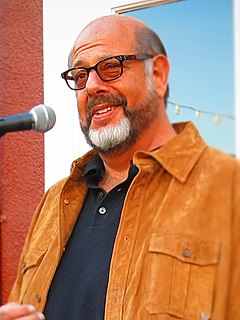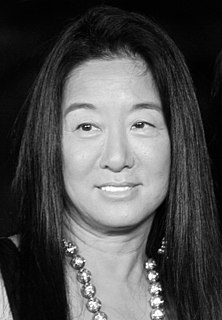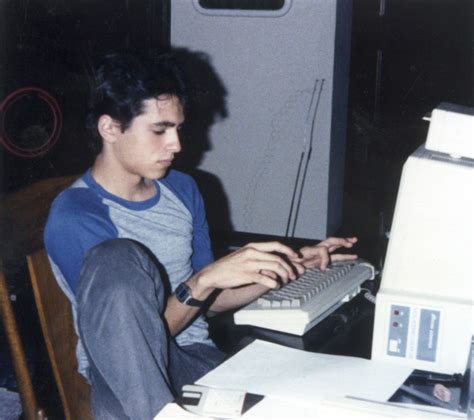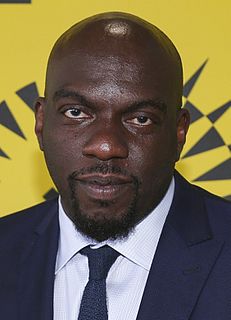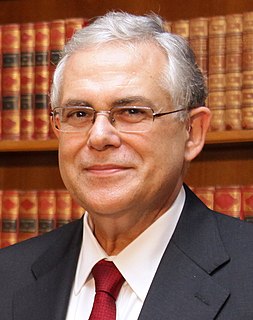A Quote by Rutger Hauer
I was convinced that acting was for fools. I was on the stage when I was eight with my father, he was playing one of those Greek blind guys that sees things and warns people, whilst I was in a blue skirt. I think there were 5,000 people in the theatre, it was ridiculous.
Related Quotes
There were 14,000 people at the rally for the president in Ohio. There were another 8,000 people in Virginia. If all 22,000 of those people opened their wallets and gave $1,000 each, that would be less than one donation from a billionaire to the super PACs. And that's why he's in for the fight of his life.
I meant that people will take anything that gives them a lift, whether it's alcohol or cocaine or the consciousness-expanding drugs or opiates. In Iran, until recently, they sold opium in shops legally, and they had 3,000,000 addicts in a population of 15,000,000. I don't believe that all those people were escaping from "complexes" or anything of the sort. They were simply exposed to it.
These people also tended to pretend to care deeply about the blind and otherwise disabled. I am sympathetic to the needs of those users, but I can't help but think that those who claimed to speak for the blind were being more than a little disingenuous, just like those Hemp people who present their arguments in terms of their deep and abiding care for the textile industry, when their real motives are ... something else entirely.
What we were trying to do was take the notion of Greek tragedy, of fated and doomed people, and instead of these Olympian gods, indifferent, venal, selfish, hurling lightning bolts and hitting people in the ass for no reason — instead of those guys whipping it on Oedipus or Achilles, it’s the postmodern institutions . . . those are the indifferent gods.
We always think, 'Well, for a person who's blind, it must be an amazing, joyful miracle if by some chance their sight is restored to them.' Now, this may be true for blind people who lost their vision at a later age. It's rarely true for people who were born blind or who go blind at a very young age.
I'm quite convinced in my own mind that those who were arguing that [the need to intervene in Iraq] was a more immediate one than some believed - were I'm sure convinced that they were right on fact, I don't think they were making it up. So as to lying, I don't think it has been established that any lies were told.



